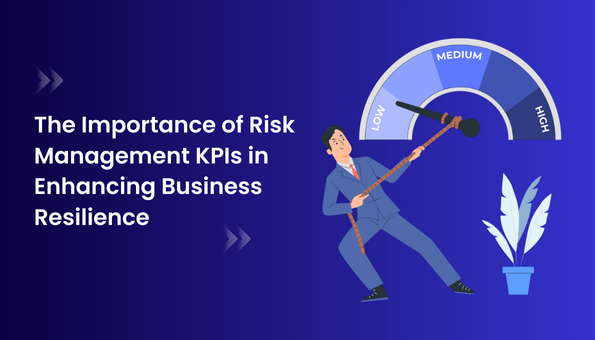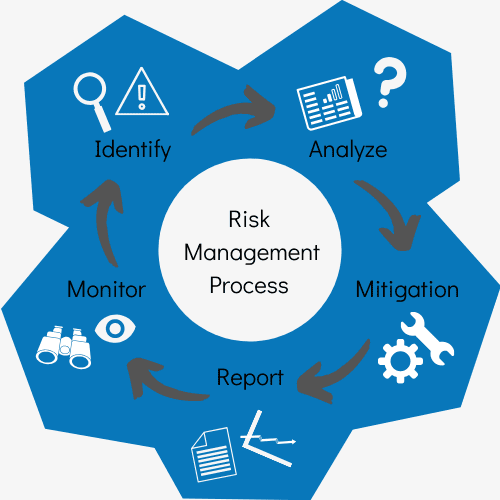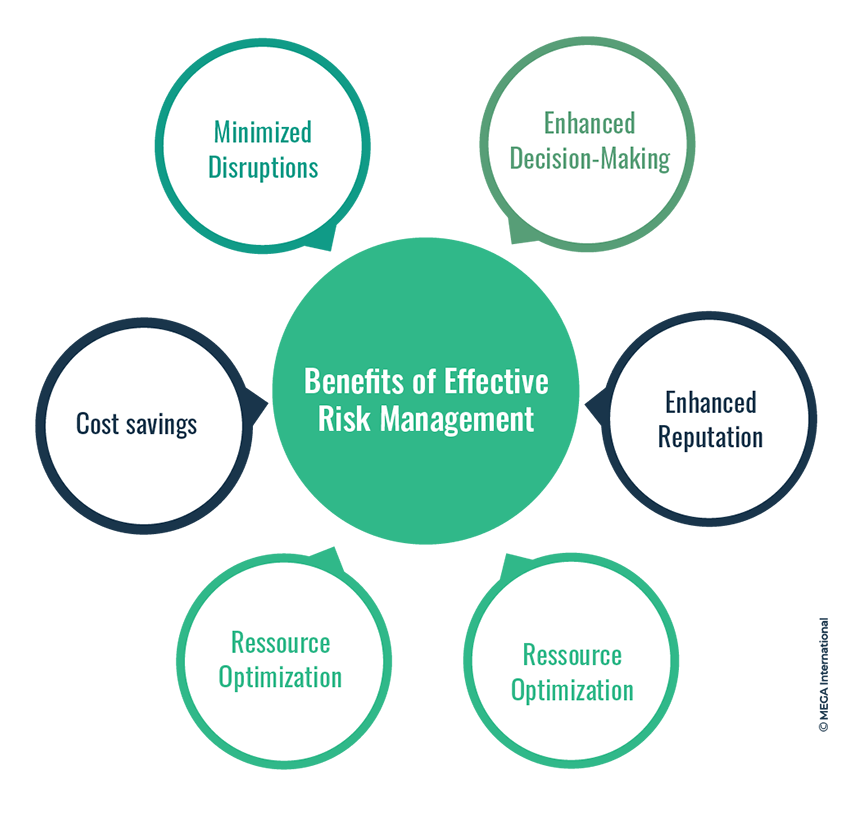Understanding the Importance of Risk Management in Contemporary Business Practices
Understanding the Importance of Risk Management in Contemporary Business Practices
Blog Article
The Importance of Comprehending the Value of Risk Management in Various Industries

The Core Idea of Risk Management and Its Purpose
Risk Management, the keystone of numerous industries, pivots on the identification, examination, and mitigation of unpredictabilities in a company environment. By properly identifying potential risks, businesses can establish methods to either stop these risks from happening or lessen their effect. Once risks have actually been identified and assessed, the reduction procedure involves designing approaches to decrease their prospective influence.
Benefits of Implementing Risk Management in Business Operations

Revealing the Function of Risk Management in Different Industries
While every industry faces its one-of-a-kind set of threats, the implementation of Risk Management techniques continues to be a common measure in their quest of sustainability and growth. In the medical care market, Risk Management involves making certain client safety and information security, while in finance, it involves mitigating investment dangers and making certain governing compliance (importance of risk management). Building firms concentrate on worker security, task hold-ups, and budget overruns. In the modern technology market, companies mitigate cybersecurity threats and modern technology obsolescence. Eventually, the function of Risk Management across markets is to identify, assess, and reduce risks. It is an essential part of tactical planning, making it possible for organizations to protect their assets, maximize chances, and achieve their purposes.
Real-life Situation Research Studies Showing Effective Risk Management
To recognize the significance of Risk Management in these lots of fields, one can want to a number of real-life instances that show the effective application of these actions. For circumstances, in the energy sector, British Oil developed Risk mitigation prepares post the 2010 Gulf of Mexico oil spill. They executed better security treatments and stricter regulations which significantly lowered additional crashes. Likewise, in money, Goldman Sachs efficiently browsed the 2008 monetary dilemma by identifying possible mortgage-backed securities threats early. Finally, Toyota, publish the 2011 earthquake in Japan, changed its supply chain Management to lessen disturbance risks. These website link cases show exactly how industries, gaining from dilemmas, efficiently applied Risk Management strategies to minimize future dangers.
Future Patterns and Advancements in Risk Management Methods
As the world proceeds to advance, so too do the trends and growths in Risk Management approaches. Quick advancements in technology and information analytics are improving the Risk landscape. Huge data and AI are now important in forecasting and mitigating dangers. Organizations are leveraging these tools to develop predictive versions and make data-driven choices. Cybersecurity, when an outer worry, has actually catapulted to the forefront of Risk Management, with strategies concentrating on detection, avoidance, and reaction. The integration of ESG (Environmental, Social, Governance) factors into Risk Management is another expanding pattern, showing the boosting acknowledgment of the function that social and ecological threats play in organization sustainability. Therefore, the future of Risk Management depends on the fusion of innovative visit homepage technology, ingenious approaches, and an all natural strategy.
Conclusion
In verdict, comprehending the value of Risk Management throughout a spectrum of markets is critical for their long life and prosperity. Eventually, successful Risk Management contributes to extra lasting and durable companies, highlighting the importance of this technique in today's extremely competitive and dynamic company environment.
While every industry faces its special set of threats, the implementation of Risk Management approaches remains an usual denominator in their pursuit of sustainability and growth. In the healthcare market, Risk Management entails making sure individual security and information protection, address while in money, it involves mitigating investment risks and guaranteeing regulatory compliance. Ultimately, the function of Risk Management throughout industries is to identify, analyze, and minimize threats. These cases show just how sectors, discovering from crises, successfully used Risk Management strategies to reduce future threats.

Report this page